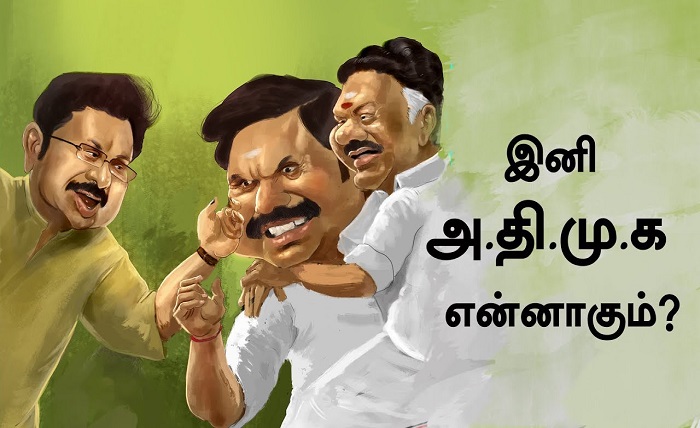The Enduring Appeal of Dhakkan Cartoon: A Satirical Chronicle of Bangladeshi Society

In the realm of Bangladeshi cartoons, Dhakkan stands as a towering figure, a satirical genius whose work has captivated audiences for decades. His sharp wit and keen observations of society have made him a beloved icon, while his fearless critiques of political and social ills have earned him both admiration and controversy. Through his cartoons, Dhakkan has captured the essence of Bangladeshi life, its joys, its sorrows, its absurdities, and its resilience.
A Brief History of Dhakkan Cartoon
Dhakkan, whose real name is Golam Mohammed Mustafa, was born in 1959 in the village of Dhakkan in Sunamganj district, Bangladesh. He began his cartooning career in the early 1980s, publishing his work in various newspapers and magazines. His popularity soared in the 1990s with the rise of the weekly news magazine, Shuchitra, where he became a regular contributor.
Dhakkan’s cartoons are characterized by their simplicity, humor, and biting social commentary. His characters, often exaggerated and grotesque, embody the various facets of Bangladeshi society, from corrupt politicians to struggling commoners. His use of symbolism and allegory allows him to convey complex messages in a way that is both accessible and impactful.
Themes Explored in Dhakkan Cartoon
Dhakkan’s cartoons cover a wide range of themes, but some of the most recurring include:
-
Political Corruption: Dhakkan is a fierce critic of political corruption, exposing the greed, nepotism, and hypocrisy of those in power. His cartoons often depict politicians as animals or mythical creatures, highlighting their predatory nature and detachment from the common people.
-
Social Inequality: Dhakkan’s cartoons often touch upon the issue of social inequality, highlighting the stark disparities between the rich and the poor. He portrays the struggles of the marginalized, from the landless peasants to the urban slum dwellers, shedding light on their plight and challenging the status quo.
-
Religious Fanaticism: Dhakkan is not afraid to tackle sensitive issues like religious fanaticism and intolerance. His cartoons often satirize religious extremists, exposing their hypocrisy and the dangers of their divisive rhetoric.
-
Everyday Absurdities: Dhakkan’s cartoons also capture the everyday absurdities of Bangladeshi life, from bureaucratic hassles to cultural quirks. His humor often stems from the juxtaposition of the mundane with the surreal, creating a sense of both amusement and reflection.
Dhakkan’s Impact on Bangladeshi Society
Dhakkan’s cartoons have had a profound impact on Bangladeshi society. His work has sparked important conversations about social and political issues, challenging the status quo and inspiring change. His cartoons have also served as a source of entertainment and catharsis for Bangladeshis, providing relief from the harsh realities of everyday life.
Dhakkan’s impact extends beyond Bangladesh, as his cartoons have been published in international publications and translated into various languages. His work has been recognized with numerous awards, including the UNESCO Jury Prize for Cartooning in 2014.
Conclusion: A Legacy of Satire and Social Commentary
Dhakkan’s legacy is one of satire and social commentary. His cartoons have held a mirror up to Bangladeshi society, exposing its flaws and contradictions while also celebrating its resilience and humor. Through his work, Dhakkan has challenged the powerful, given voice to the voiceless, and inspired a generation of Bangladeshi cartoonists.
As Dhakkan continues to create his cartoons, he remains a vital voice of dissent and a chronicler of Bangladeshi society. His work is a testament to the power of satire to challenge, provoke, and ultimately, bring about change.




